Current Students and Alumni
The Learning Sciences PhD program at the University of Illinois at Chicago (UIC) is home to a dynamic and diverse student body. Our students come to Chicago from across the globe and from many walks of life. Some come right out of undergrad, while others have worked professionally as teachers or in the engineering field. Regardless of how they came here, all agree that the LS program offered the unique multidisciplinary approach, rigorous course-load, and faculty mentorship they were looking for.
Check out some of the cool things our current students are doing!
Current Student Work Heading link
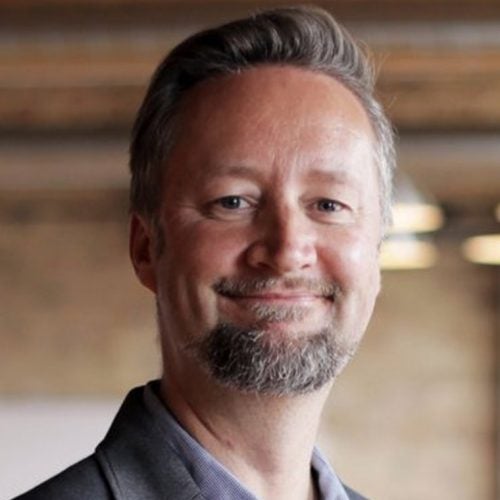
Paul Hatch
So what use are cheap glasses when people can’t even get their eyes checked? That’s the question LSRI doctoral student Paul Hatch tried to answer when he developed the award-winning ClickCheck.
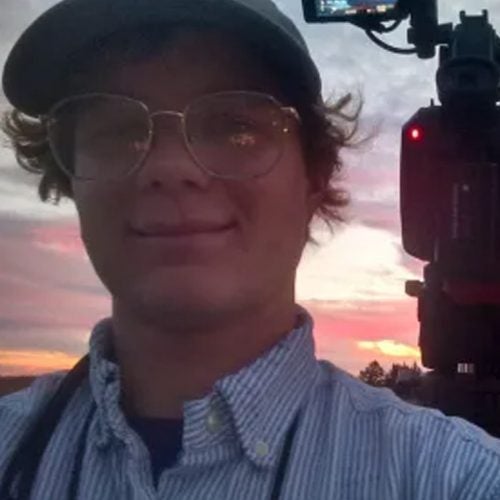
Marrok Sedgwick
The onus to create the communications tools non-speaking people need is often on those with the disability themselves. That’s just what Marrok Sedgwick - himself a non-speaking multiply-disabled individual - is doing via his work with New Media Literacy.
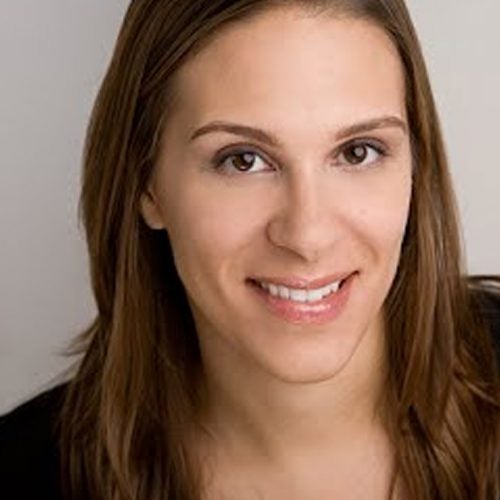
Lisa Siciliano
Teachers have proven to be both resourceful and nimble in adapting to hybrid and online practices. But what about fields of study that are absolutely contingent on students and teachers being physically together, like the intimate art of the stage? That’s a question learning sciences doctoral student Lisa Siciliano has been asking.
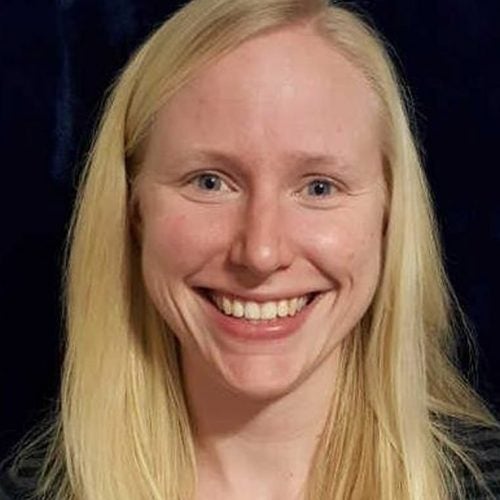
Laura Zeller
“Interdisciplinary” does not always have to describe a team; individuals can be interdisciplinary too. As a researcher, says Laura Zeller, it is important to consider what hats to bring to one's work and communicate how this positions one within their research.
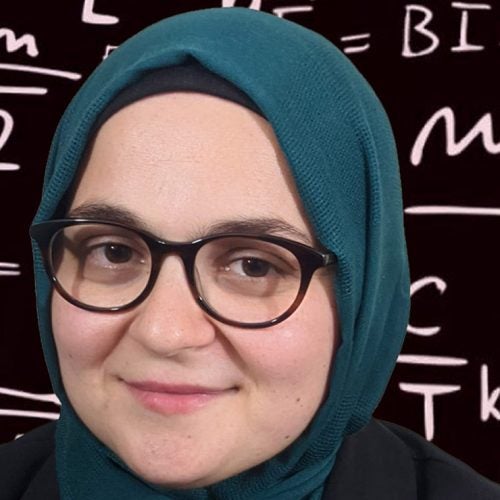
Enisa Akgul
What does a good math curriculum look like? How do we help struggling learners? How do we best serve English learners (ELs) in a math classroom? Enisa Akgul believes that if we are to find solutions to these issues, they will come from the learning sciences field.